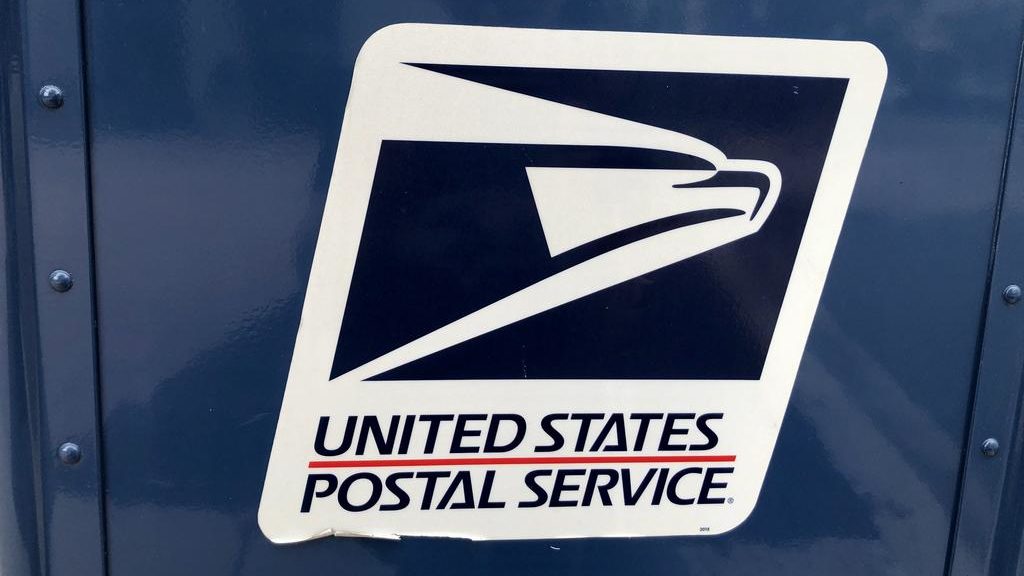Article originally published by the Philadelphia Business Journal on October 11, 2021.
United States Postmaster General Louis DeJoy continues to oversee a decline in service to USPS customers. On Sept. 28, USPS announced that effective Oct. 1, first class mail sent cross-country would be shipped via truck rather than by air, increasing delivery times by as much as two days.
In their announcement, USPS stated, “These new service standards will increase delivery reliability, consistency, and efficiency for our customers and across our network.”
UPS and FedEx don’t have an issue with reliability delivering packages by air. Rather than fix their issues with air transit of long-distance first class mail, USPS chose to degrade service by shipping over ground. Apparently, cost savings are more important than timely delivery.
Companies that thrive over the long term have one thing in common – they differentiate themselves by providing their customers with a great experience. USPS is doing the opposite. Providing a great customer experience is not part of the mindset of USPS leadership, and this phrase is not in their lexicon.
The mission of USPS, as stated in the Postal Reorganization Act of 1970, is to “provide the nation with reliable, affordable universal mail service. …” Nowhere in the mission statement are the words, “provide a great customer experience.” This was perhaps adequate 50 years ago when people had no alternative to USPS.
The USPS board of governors, who are presidential appointees, appointed Louis DeJoy as the new Postmaster General and CEO in May 2020. Why aren’t they holding DeJoy accountable for not providing a better customer experience?

All of us recall the attempt by USPS to cut capacity prior to the November 2020 election, jeopardizing its ability to deliver mail-in ballots. It was only through intense public and Congressional pressure as well as the herculean effort by overworked and under-appreciated USPS employees that the late delivery of mail-in ballots wasn’t worse.
When criticized by both Republican and Democratic members of Congress for reducing mail-handling capacity, DeJoy defended his actions by stating, “[These are] immediate steps to better adhere to our existing operating plans… By running our operations on time and on schedule, and by not incurring unnecessary overtime or other costs, we will enhance our ability to be sustainable and to be able to continue to provide high-quality, affordable service,” as reported in an Aug. 7, 2020 Forbes article. Did DeJoy have a plan to make USPS better able to operate in a very competitive marketplace?
Perhaps DeJoy wouldn’t be prioritizing cutting costs rather than providing a great customer experience if USPS wasn’t burdened with funding post-retirement medical benefits for their employees 75 years into the future, severely reducing the resources needed to effectively compete in today’s market. No other federal agency or business in the private sector has this very onerous requirement. Congress needs to put USPS on the same footing as its competitors.
Andy Grove, the former chairman and CEO of Intel, the corporation that develops and manufactures the semiconductor microprocessors that power the personal computer industry, once said, “Only the paranoid survive.” This is certainly not the mindset of DeJoy or the USPS board of governors, and they are losing market share because of it.
Companies compete by favorably differentiating themselves against their competition. USPS is doing the opposite.
Stan Silverman is founder and CEO of Silverman Leadership and author of “Be Different! The Key to Business and Career Success.” He is also a speaker, advisor and widely read nationally syndicated columnist on leadership, entrepreneurship and corporate governance. He can be reached at Stan@SilvermanLeadership.com.

